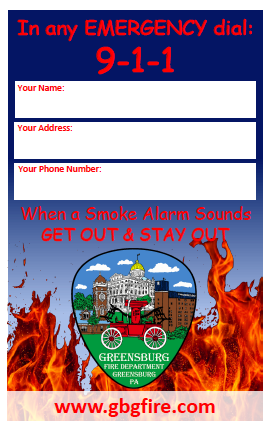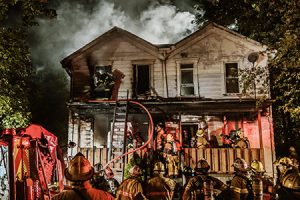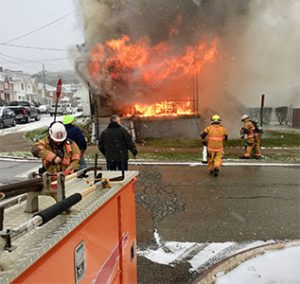Calling 9-1-1

Calling 9-1-1 Tips
Make sure your child can say their first and last name and provide their address or location.
Kids may feel scared or nervous if they have to call 911. Tell them that the emergency operators who answer the phone talk to a lot of kids who are nervous or worried when they call. Tell them to stay as calm as they can.
Make sure your kids know that even though they shouldn’t give personal information to strangers, it’s OK to trust the 911 operator. Explain that the emergency operator will ask them what, where, and who questions such as:
- “What is the emergency?” or “What happened?”
- “Where are you?” or “Where do you live?”
- “Who needs help?” or “Who is with you?”
They should give the operator all the information they can about what the emergency is and how it happened. If they’re old enough to understand, also explain that the emergency dispatcher may give first-aid instructions before emergency workers arrive at the scene.
Explain the different emergency situations that might require your child to call 911.
Here are some examples:
- A Medical emergency where someone is hurt.
- There is a car accident.
- There is a fire.
- You see someone choking.
- One of your friends has an allergic reaction to a bee sting or food.
- You see a robbery or someone breaks into your house.
- Someone has a gun and is threatening to hurt others.
- A stranger is following you home from school.
- There is a natural disaster like a tornado, an earthquake, a flood, or a landslide.
- You see a fire or an explosion.
- A friend falls out of the window and gets hurt.
Please ensure that your child understands that 911 should only be called if there’s an actual emergency. It should never be called for practice, as a joke or for any other non-emergency reason.
The following situations are not considered emergencies:
- You lost your pet, a special toy or stuffed animal.
- Your big brother is picking on you.
- You’re practicing a fake emergency.
- You’re bored and making a crank call.
- You’re lonely and bored.
Other Things to Know About 911
- Kids should make sure they’re safe before calling 911. For example, if there’s a fire in your home, they should know to leave the house before calling 911.
- Although most 911 calls are now traced, it’s still important for your kids to have your street address and phone number memorized.
- Always refer to the emergency number as “nine-one-one” not “nine-eleven.” In an emergency, a child may not call the number correctly if trying to find the “11” button on the phone.
- Make sure your house number is clearly visible from the street so that police, fire, or ambulance workers can easily locate your address.
- If you live in an apartment building, make sure your child knows the apartment number and floor you live on.
- Keep a list of emergency phone numbers handy near each phone for your kids or babysitter.
- Keep a first-aid kit handy and make sure your kids and babysitters know where to find it. When kids are old enough, teach them basic first aid.


